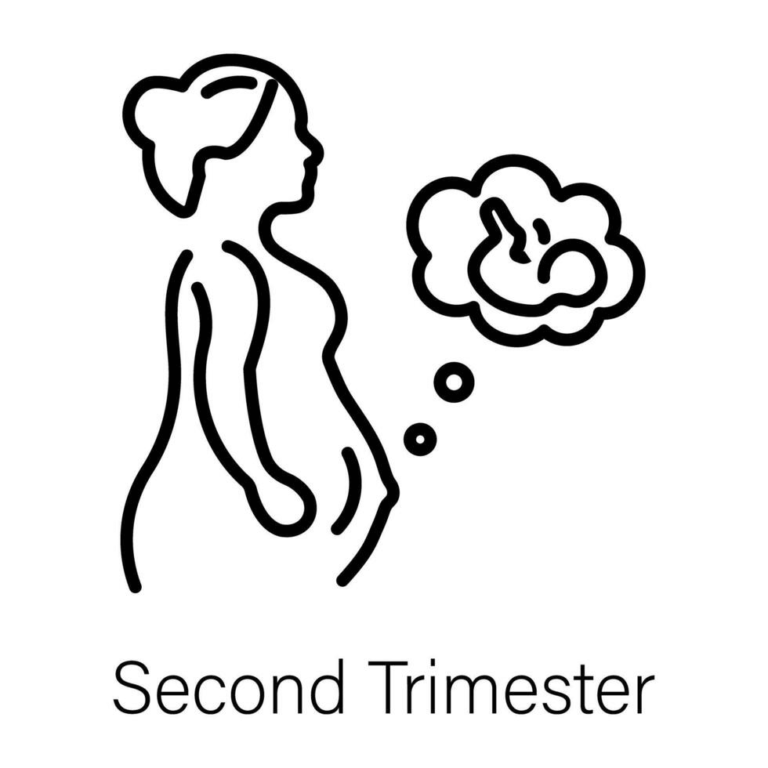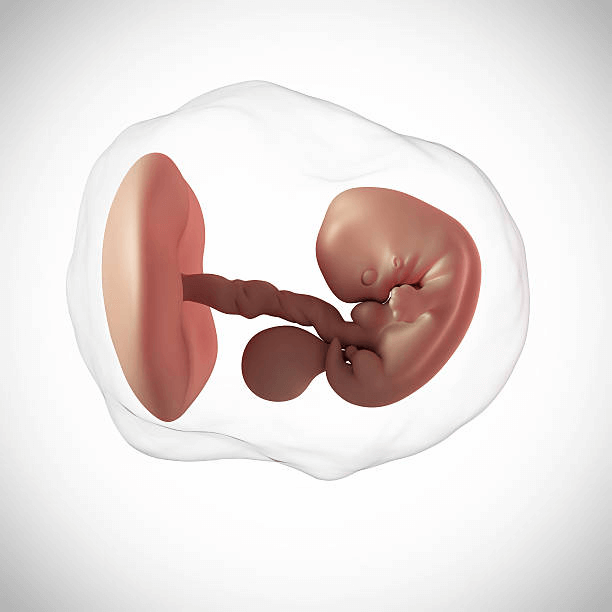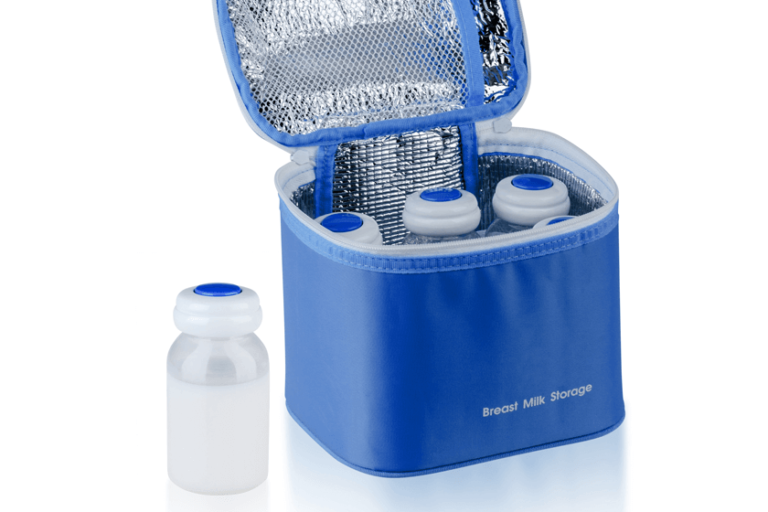Is It Safe to Take Antidepressants During Pregnancy?

If you’re pregnant and taking antidepressants, you may wonder how these medications could affect your baby. It’s important not to stop taking them suddenly without consulting your healthcare provider, as this could cause more harm than continuing the medication. Let’s explore the potential benefits and risks associated with antidepressant use during pregnancy and how to make the best decision for you and your baby.
Benefits of Taking Antidepressants During Pregnancy
Pregnancy can be an emotionally challenging time, with about 10% of women experiencing depression. When left untreated, depression can negatively impact your well-being and make it difficult to care for yourself and your baby. For some, lifestyle changes like getting enough sleep, exercising, and practicing relaxation techniques may help alleviate mild symptoms. However, if your depression is severe, antidepressants can provide relief and contribute to a healthier pregnancy. The key is to work closely with your healthcare provider to find the most appropriate treatment plan.
Risks of Taking Antidepressants During Pregnancy
While medications can help manage depression, they also come with risks. The effects on a developing baby can vary depending on the type of antidepressant. Commonly prescribed antidepressants include:
- Selective Serotonin Reuptake Inhibitors (SSRIs): These are the most commonly used antidepressants during pregnancy. Some studies suggest that SSRIs may slightly increase the risk of high blood pressure, pre-eclampsia, premature birth, low birth weight, or miscarriage. There may also be a small risk of congenital heart defects or high blood pressure in newborns, especially if taken later in pregnancy. However, the overall risk is considered low, and SSRIs are still preferred due to their established safety profile.
- Serotonin-Noradrenaline Reuptake Inhibitors (SNRIs) and Noradrenaline and Specific Serotonergic Antidepressants (NASSAs): These are less commonly used because there is limited information on their effects during pregnancy. If you are on one of these medications, your doctor might suggest switching to an SSRI.
- Tricyclic Antidepressants (TCAs): While these are considered to have an even lower risk of birth defects compared to SSRIs, they can have severe side effects if taken in high doses, making them less suitable for pregnancy.
- Monoamine Oxidase Inhibitors (MAOIs): These are rarely prescribed today due to their serious side effects and potential risks. If you are on an MAOI, consult your doctor before making any changes.
Also read: Is It Safe to Change Cat Litter During Pregnancy?
Effects of Antidepressants on the Baby After Birth
All antidepressants carry a potential risk of causing temporary withdrawal symptoms in newborns, such as shakiness, drowsiness, and feeding difficulties. These symptoms usually resolve within a few days, and healthcare providers will monitor your baby to ensure a full recovery.
Making the Right Decision
Deciding whether to continue antidepressants during pregnancy is a deeply personal choice. There isn’t a one-size-fits-all answer. The best approach is to discuss your options with your healthcare provider, who can help you weigh the benefits and risks based on your specific situation.
By working closely with your medical team, you can develop a treatment plan that ensures both your well-being and the health of your baby. Always remember that feeling mentally and emotionally well is crucial for a healthy pregnancy.
For more guidance, speak to your GP or mental health professional about the safest options for managing depression during pregnancy.
Also read: Varicose veins in pregnancy





